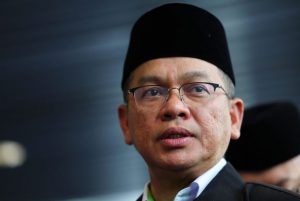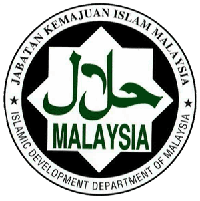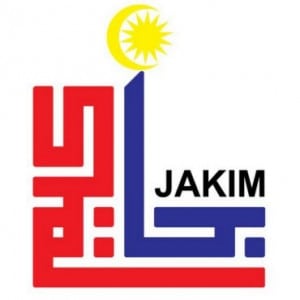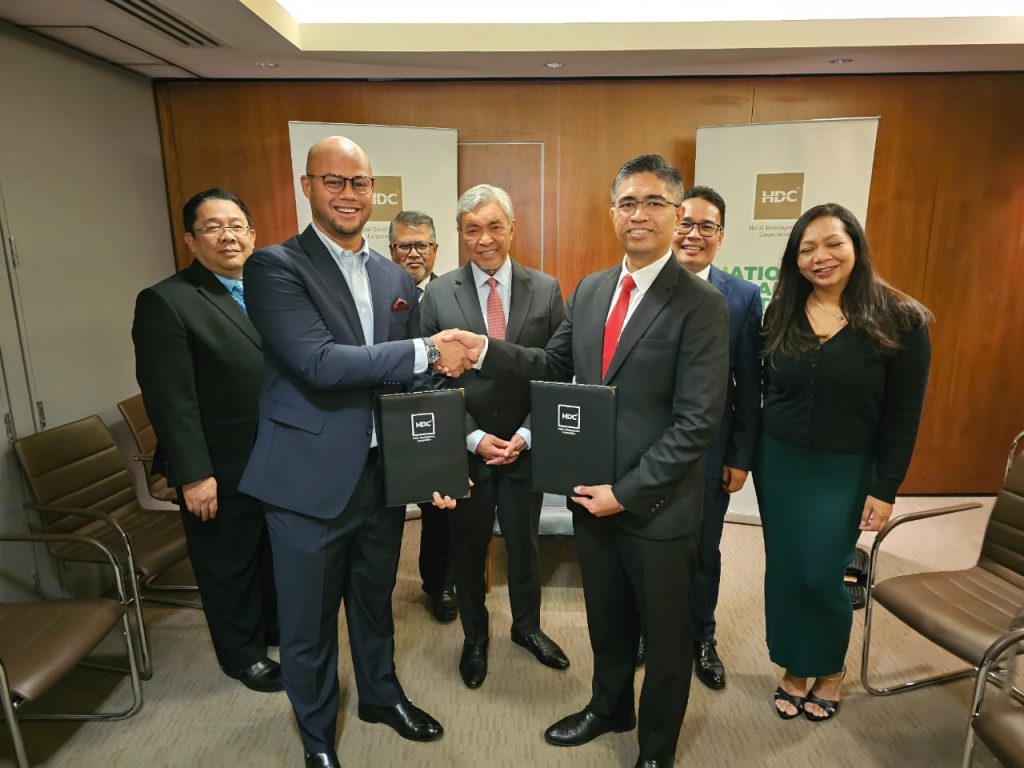By Dawn Chan – New Straits Times
KUALA LUMPUR: Uniformising halal standards across different countries and industries is among five strategies the Malaysian Islamic Development Department (Jakim) will take on.
Minister in the Prime Minister’s Department (Religious Affairs) Datuk Dr Mohd Na’im Mokhtar said technology would also be used to enhance the process of certification.
“There will be technology integration to streamline the certification process for submitting applications, surveillance and communication with certification bodies.
“To promote transparency and traceability, digital tools such as blockchain technology will be used to monitor the entire supply chain and educate customers of halal status of goods.
“We will also focus on innovation and research which will help address emerging challenges and opportunities in halal certification,” he said in his speech at the opening of the 2023 Global Halal Summit (GHaS2023) at MITEC today.
He said it would also cater to diverse industries including cosmetics, pharmaceuticals and medical devices.
Mohd Na’im said the strategies were for the future of halal certification to ensure its evolution meets the dynamic demands and regulatory standards.
He described the strategies as necessary to ensure the Malaysian halal certification stayed relevant and efficient in facing challenges.
Jakim, he said, had also implemented Malaysian Halal Certification Initiative 2.0 to enhance the issuance of the Malaysian halal certification.
“This initiative has been successful in accelerating the Malaysian halal certification procedure, which can now be completed within 30 business days from the date an application is submitted for domestic certification.
Mohd Na’im noted that the overseas halal application process took less than three months, compared to the previous standard of 30 business days from the date of receipt of the certification fee payment.



